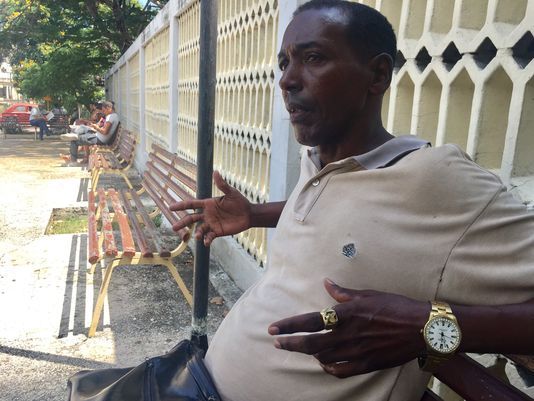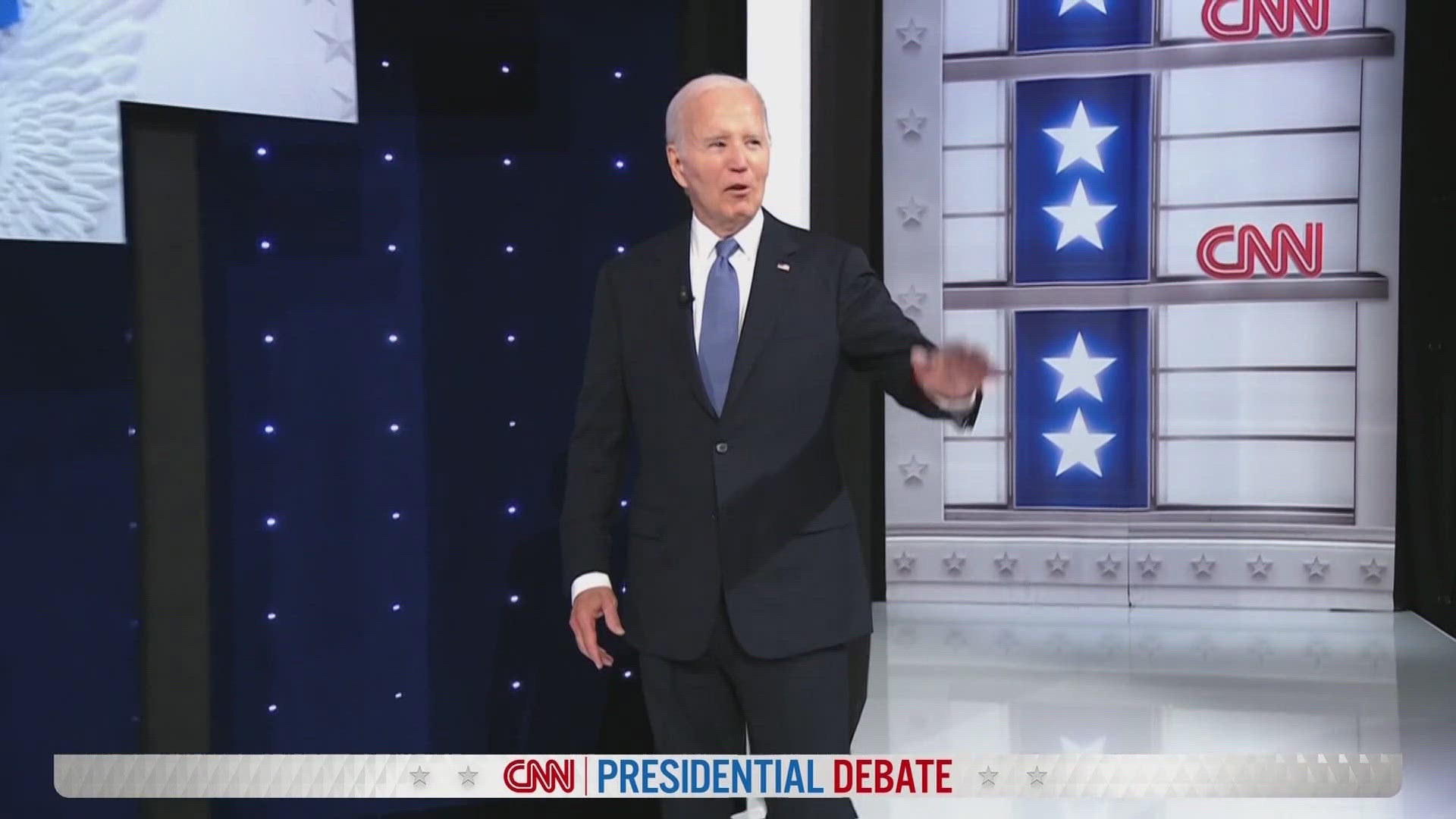HAVANA — Juan Alberto Menendez vividly recalls feeling elated that December day in 2014 when President Barack Obama announced that the United States and Cuba would end a half century of estrangement.
On Friday, the construction worker, 59, said, "I feel sick" upon hearing of President Trump's speech that he would roll back many of the ties between the two countries.
"What Obama did for us was marvelous. I will always thank that man," said Menendez, who saw the former president's move as a glimmer of hope after five decades toiling away in his island nation. "But this? This is illogical. He's closing us off again. The United States needs a president with ideas of freedom and openness to the world, not this."
Trump, who vowed that his new restrictions on U.S. travel to and business ties with Cuba will help bring down the communist regime, will not allow business transactions in which proceeds benefit the Cuban military and intelligence services, though some U.S. airlines and cruise ships will still be allowed to go to the island.
The two nations will still have re-opened embassies in their capital cities. Trips for specific educational, government, religious, and social purposes are still allowed but individual self-directed travel to Cuba is banned.
While Cuba's limited Internet access means people are largely cut off from the outside world, word spread quickly about Trump's decision. The official newspaper, Granma, ran a short story Friday outlining Trump's plans, and a Venezuelan news station broadcast portions of Tump's speech.
Speaking before a supportive crowd of Cuban-Americans in Miami, Trump said he was rolling back Obama- era ties because it led to too many U.S. travelers and businesses delivering cash right into the hands of the Cuban government. Trump said Americans were staying in government-run hotels, eating in government-run restaurants and not delivering any benefit to the impoverished people of the island.
Dervis Diaz, 43, disagrees. The Havana native drives visitors around in a red, 1957 Dodge Coronet, and he said the rush of Americans to Cuba over the past 2 ½ years has helped him and his family, as well as friends who rent out their homes to visitors.
Diaz acknowledged that the Cuban government still hasn't made all the changes demanded by Trump, such as releasing all political prisoners and changing its economic and political systems. But Diaz said its unfair to punish regular Cubans like him just because the government hasn't completely bowed to U.S. demands.
"The opening has helped our economy tremendously," said Diaz. "But it's impossible for everything to change the way they want in just two years."
Elio Hidalgo Riveron takes a more historical approach when trying to understand Trump's sudden change. During his speech, Trump rattled off a series of horrendous acts committed by the Castro brothers, going back to the firing squads employed during their revolution in the 1950s and the Cuban Missile Crisis of 1962.
Riveron, 57, a sociologist who lived in Europe and Africa before returning to his native Cuba, said Trump needed to go back even farther to find an equivalent for his Cuba policy.
"He's taking America back to the 1920s," Riveron said, referring to the country's policy of isolation following World War I. "We see it happening now with the United Kingdom pulling out of the European Union. We see Trump doing it with your country. It's wrong. It's sad."


